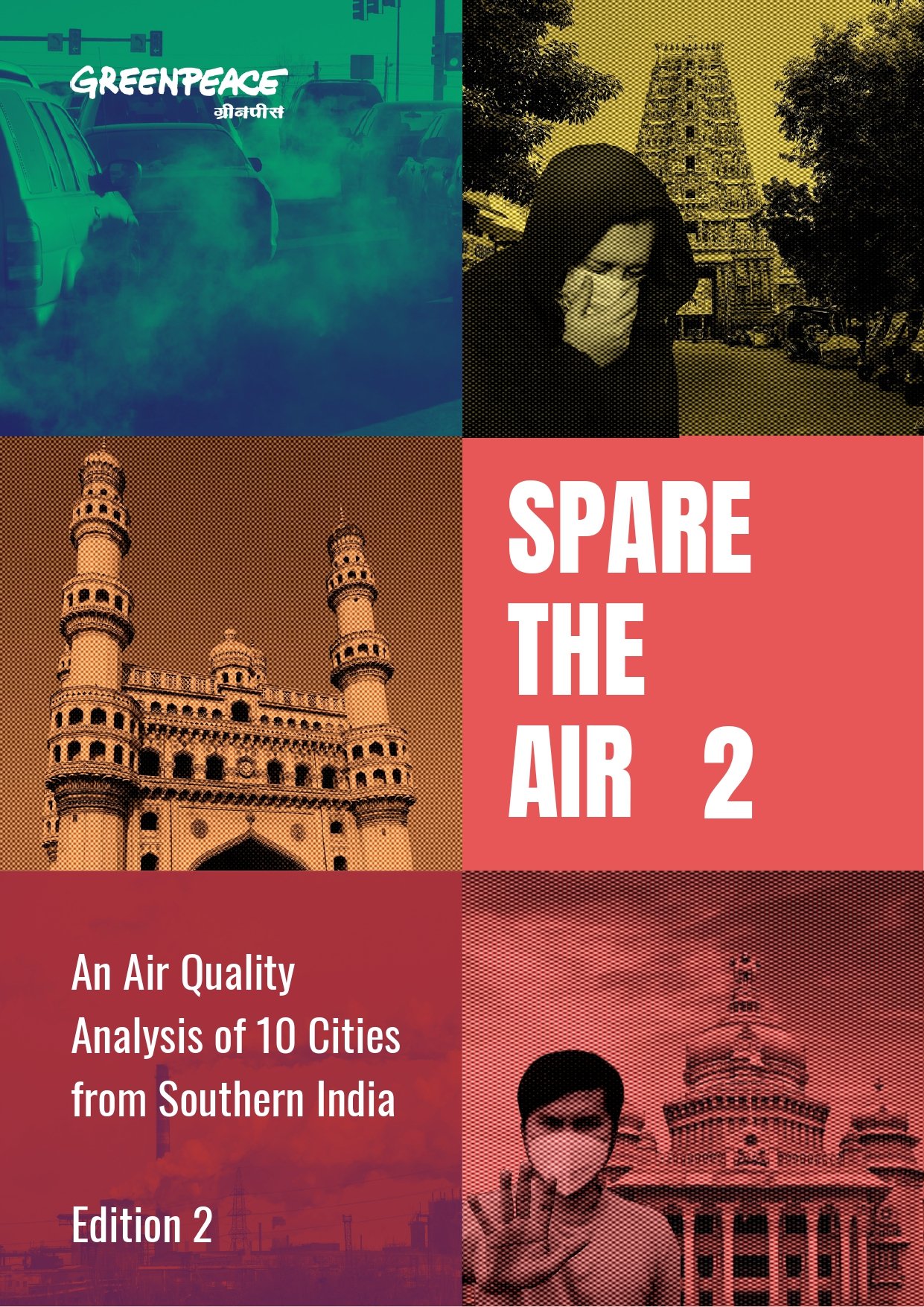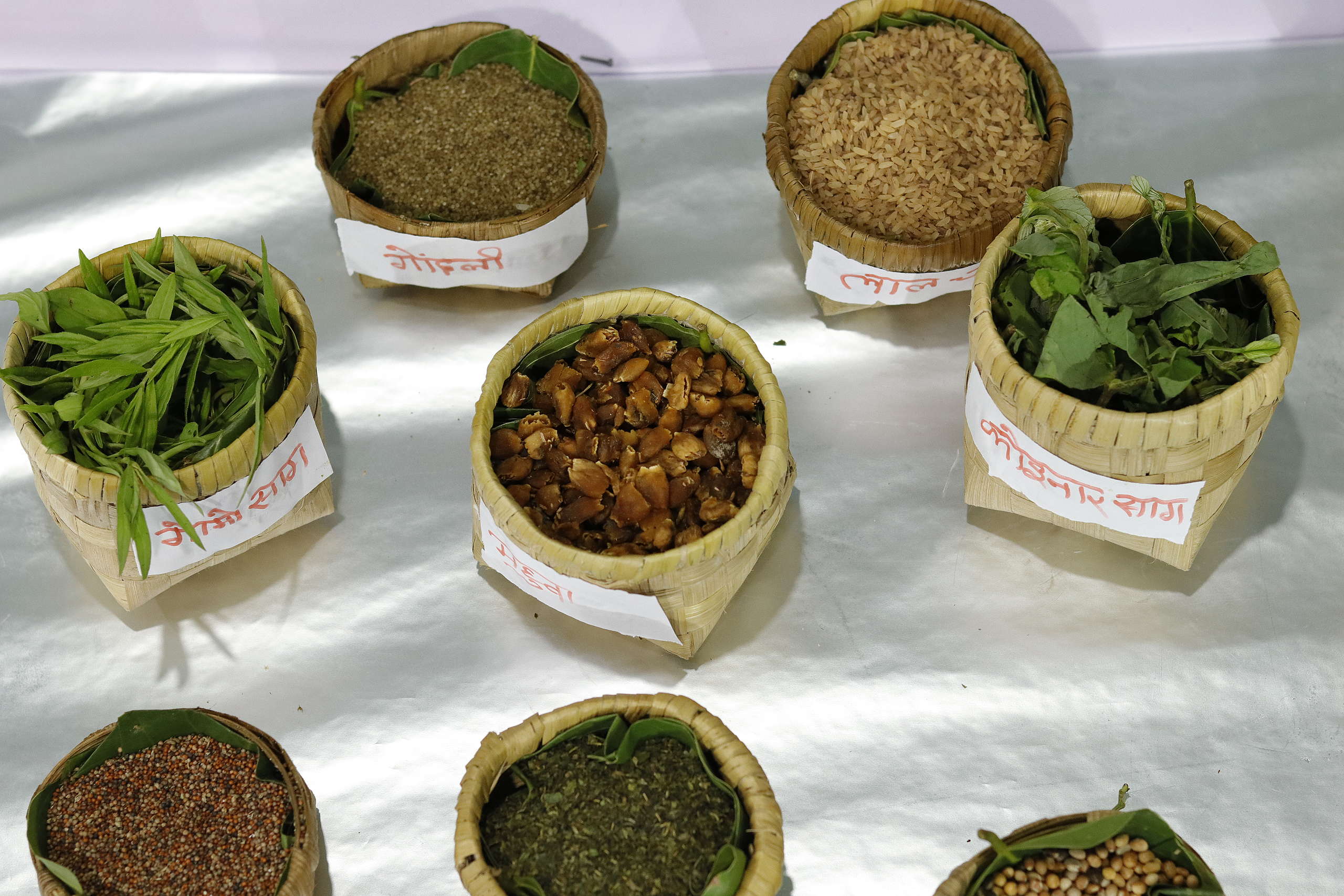To,
Dr Prashant Gargava
Member Secretary
Central Pollution Control Board
Shri Dr Prashant Gargava jee,
Subject: Over 10,000 citizens seek revision of India’s air quality standards
Greetings from Greenpeace India.
Air pollution is one of the most urgent crises today as it has escalated globally to become the third-largest cause of premature deaths. India is one of the worst affected countries. According to the latest global data compiled by IQAir, 35 of the 50 most polluted cities are in India. Our population is particularly vulnerable as a majority of the citizens, especially in cities, are consistently exposed to outdoor pollution. This is why we need better air quality standards today.
On September 22, the World Health Organisation revised its air quality guidelines for the first time in 15 years. The new guidelines are derived from strong scientific evidence on the extensive damage caused by air pollution on human health. In short, there are no safe limits to pollution. Hence, the new air quality guidelines approve of significantly lesser concentrations of key air pollutants.
These new guidelines now suggest lower values for the main pollutants like particulate matter (Pm2.5) which has a serious impact on public health, for which a revised annual concentration of 5 µg/m³ is now recommended (India’s annual standard is 40 µg/m³). For nitrogen dioxide (NO2), which has largely been linked to the transport sector, a new annual concentration of 10 µg/m³ is now recommended (India’s annual standard is 40 µg/m³).
The unacceptably high health and environmental burden of air pollution is preventable. We are aware that a review of NAAQS has been sanctioned to a joint team led by IIT Kanpur. In this crucial step for public health, the CPCB has the opportunity to save lives and create more liveable cities for the people.
Greenpeace India brings to you the voices of more than 10,000 citizens who are demanding a revision in the national air quality standards. The citizens are calling on you to protect people’s right to a healthy environment, of which clean air is a big part. We especially bring forth voices from vulnerable groups like mothers, children and senior citizens, who are among the worst affected in this crisis. Globally, India is playing a crucial role in its energy transition by setting one of the world’s most ambitious renewable energy targets and every year adding more renewable energy capacity in total power generation. We believe this is the height our air quality standards should also align with global standards.
We urge the CPCB to introduce new, updated and stricter National Ambient Air Quality Standards (NAAQS) based on WHO air quality guidelines. The process of this revision should be based on scientific evidence and periodically reviewed every 5 or 10 years. We, the citizens, also ask the CPCB to engage the larger public, experts and civil society for consultation and feedback. The longer the delay between science and regulation, the longer the country suffers from the health and economic impacts of air pollution. We need to act NOW.
Greenpeace India is an independent environmental campaign organisation, part of a global network of independent Greenpeace organisations across 55 countries. We are entirely funded by Indian individual donors and are not financially backed by private companies or governments. We have been extensively working on the issue of air pollution and through our campaigns hope to bring changes in collective attitudes and policies.
Yours sincerely
Greenpeace India



Discussion
Please improve air quality standards so that everyone of us can breathe fresh air.